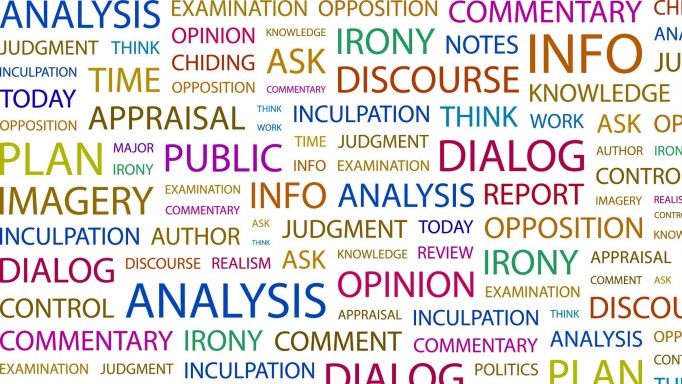Safe and effective treatment relies on taking the medicines as directed and avoiding potential drug interactions. Before starting treatment, it’s important to know whether the medication prescribed for you will interact with any other drug or substance you are taking. Drugs, alcohol, supplements and food may interact with drugs as well as with one another. Although these interactions may be listed as drug-drug, drug-food, drug-supplement and so on, this section will refer to them all as drug interactions. Note that drugs have the potential to interact whether the drug is prescribed, over-the-counter or illicit.
There are various types of drug interactions. A big concern with mixing drugs is that the combination will cause harm or that you will get too much or too little of one or more of the medicines. Below is a simplified description of some ways that drugs may interact with each other,
Alteration is when a drug alters how the body absorbs, distributes, metabolizes or excretes another drug.
Antagonism is when a drug, food or supplement reduces or blocks the effect of a drug.
Duplication describes when two drugs with the same effect are taken, thus intensifying their side effects. This may happen if your doctor prescribes something that has the same ingredient that is in another drug, because either the doctor didn’t check what you were taking or a different doctor prescribed the other drug. It can also occur because you were unaware that the drug was in more than one remedy that you were taking. Taking an allergy pill and a sleep aid that both contain Benadryl (diphenhydramine) is an example of duplication.
Synergism occurs when two or more drugs produce a greater effect than what is expected from simply adding the two drugs together.
Tips to Help You Reduce Your Risk of Drug Interactions
- Talk to your medical provider and pharmacist before taking a new drug. This includes over-the-counter medicines, dietary supplements, herbs and illicit drugs.
- Read the prescribing information that comes with the drug. Drug interaction tools are available online and on apps.
- Keep a list of all the drugs and supplements you take. Share this with your entire health care team.
- Use a pharmacy that allows you to maintain a record of your medications. If you use multiple pharmacies, be sure you share information with all of them.
- Take medication per your doctor’s instructions. Be sure you know when to take your meds, how to take them and whether they can be taken during the same time as other medicines you take.
- Stay current. Even if you took a drug before, find out whether new interactions have been added to that drug’s safety profile.
- Never break, crush or dissolve a pill, tablet or capsule without checking with your health care provider or pharmacist first. Some medications need to be intact so that they are not destroyed by stomach acids. Let your doctor know if you have difficulty swallowing pills.
- If you pick up a prescription and the medication looks different from the last time you took it, talk to your pharmacist to make sure there has not been an error.
- Tell your doctor about any symptoms you might be experiencing while taking a drug. You can also report this information to the FDA Adverse Event Reporting System.
Last Reviewed: June 29, 2023












